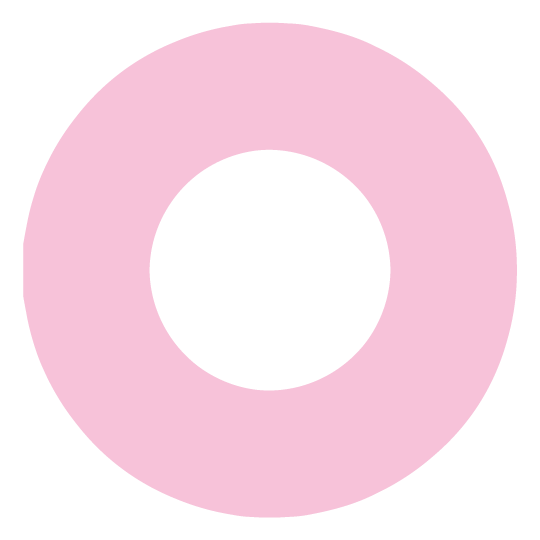As a homeowner, you might be worried about shelling out money for repairs if something damages your home or belongings. Home insurance can alleviate those concerns and provide peace of mind by paying for repairs, potentially saving you a lot of money.
However, shopping for affordable home insurance in Aurora that fits your needs can be complicated. There are so many coverage options, insurance companies, and other factors that make choosing a policy hard. You need a good grasp of the town’s home insurance landscape to make the right decisions. Learn more about home insurance in Aurora, what influences your premiums, and what you can do to save money on insurance.
Quote data from MyChoice.ca, March 2025
What Risks Affect Aurora Homeowners?
Every city or town in Canada has unique risks that homeowners must be vigilant of, and Aurora is no exception. Here are common risks that you may encounter as an Aurora resident:
Severe Event Probability in Aurora
On July 8, 2013, severe storms centered on Toronto also reached Aurora, where heavy downpours and localized flooding caused significant infustructure issues.
Below are the MyChoice severe event probability scores for Aurora, based on the historical data from the Canadian Disaster Database collected since 1950. The percentages reflect the likelihood of a major event in question occurring at least once in the region in the next decade – relative to other regions and events.
How Much Does Home Insurance in Aurora Usually Cost?
On average, home insurance in Aurora costs around $1,404 annually. Your home insurance rates may be lower and higher depending on the insurance company you choose. Various factors like your home’s age, condition, and size also influence your rates.
Your home’s location plays a part in the insurer’s rate calculation. You might get lower rates if you live in a neighbourhood with a low crime rate, easy access to emergency services, and better roads because you’re less likely to file an insurance claim. Conversely, you might see higher rates if your area is known for crime and natural disasters.
Quote data from MyChoice.ca, March 2025
Does Where You Live in Aurora Affect Your Home Insurance?
Where you live in Aurora might affect your home insurance because different areas have different risks. Home insurance companies examine many factors tied to your location when determining your rates, and here are some examples:
Housing Data in Aurora
What does the housing landscape in Aurora look like? Here’s an overview from the 2021 Census of Population:
Homeownership Rate by Age in Aurora
Almost three in four people aged 25 to 39 in Aurora own a house, a high homeownership rate relative to other cities in Ontario. This data suggests a strong engagement with the housing market among young adults and their desire for stability and long-term investment in the community.
| Age Group | Homeownership Rate |
|---|---|
| 15 to 24 | 45.0% |
| 25 to 39 | 70.5% |
| 40 to 54 | 82.8% |
| 55 to 74 | 85.5% |
| 75 and over | 80.3% |
Average Home Price in Aurora by Dwelling Type
The average price of a detached house in Aurora is $1,190,000, well above the provincial average of $800,000.
| Type of Dwelling | Average Value |
|---|---|
| Detached | $1,190,000 |
| Semi-Detached | $917,500 |
| Freehold Townhouse | $885,051 |
Aurora Population Growth
According to Statistics Canada, Aurora’s population grew 12% between the years of 2016 and 2021.
What Is Not Included in a Typical Home Insurance Policy?
Even if you’ve opted for a highly comprehensive home insurance policy, there are some risks that insurers explicitly don’t include as a covered peril. These are called “exclusions” by home insurers.
Here are the most common home insurance exclusions:
This is by no means an exclusive list of risks typically excluded from a home insurance policy in Aurora. Talk to your home insurance provider to see what’s covered by your policy in case of loss or damage.
Why Do I Need Home Insurance in Aurora?
Home insurance in Aurora isn’t legally required, so there’s no “need” to get one. Regardless, home insurance is still a good idea because your policy protects your home and its contents from many perils. Here are three common reasons to buy home insurance in Aurora:
How You Can Get Cheap Home Insurance in Aurora
Go to our province page for a list of practical tips on how to save money on your home insurance in Aurora.



















